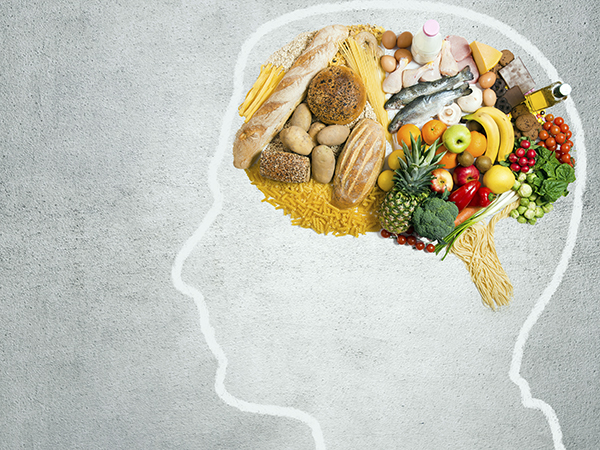It’s been well established that proper diet offers just as many benefits for the mind as it does for the body. Healthy eating is now directly linked to improved cognitive function, and many experts now believe it can help stave off disease. And by combining a healthy lifestyle with a proven brain-training program, such as LearningRx, folks can boost their cognitive function significantly. But there is a lot of information out there regarding various health foods, meaning it can be difficult to find out exactly which “super foods” are truly super and which are merely fads of the moment. So with that in mind, here are some foods anyone can add to their diet that have been medically proven to benefit the mind.
Salmon
Specifically, wild, rather than farm-raised, salmon is the way to go. That’s because these fish are high in omega-3 fatty acids. Medical experts have long touted the virtues of omega-3s when it comes to brain function, as they possess anti-inflammatory characteristics. Four-ounce servings of this sustainable, oily fish three times a week is recommended. Smaller, less expensive fish, such as herring, also provide omega-3s.
Dark, Leafy Greens
On the next trip to the supermarket, those with in interest in maintaining brain health should make a beeline for the produce section. And it’s best to go dark—greens such as collards, spinach and kale are all high in folate acid and vitamin E. Folate is thought to lower certain amino acids in the bloodstream that have a tendency to cause the death of nerve cells. But it doesn’t take much to reap the benefits of these veggies, because one-half cup of cooked spinach provides 25% of a person’s daily recommended intake.
Blueberries
Blueberries have been on many experts’ lists of super foods for some time. Doctors, nutritionists, they all seem to agree that these little blue guys protect the brain fiercely. In many animal studies, for instance, blueberries were proven to stave off effects of old age on the brain by eliminating toxic proteins and protecting against oxidative stress. This helps to reduce the affects of certain age-related diseases, such as dementia and Alzheimer’s. Experts recommend consuming one cup of blueberries per day.
Grains and Nuts
Whole grains are rich in fiber, and certain nuts, such as sunflower seeds, are high in vitamin E. Therefore, by making these foods a regular part of a person’s diet, it can reduce inflammation and oxidative stress, which can help prevent brain as well as cardiovascular diseases.
Avocados
Avocados have been on the diet radar for so long that they often get overlooked when considering their overall health benefits. Many fitness-minded folks shy away from these fruits due to their high fat content. However, this is a monounsaturated fat, which promotes healthy blood flow. Healthy circulation leads to lower blood pressure, which in turn is directly linked to improved cognitive function. But it’s true: avocados pack a fistful of calories, so consuming one half of one per day is the way to go.
These are just some foods to consider when devising a dietary strategy to promote brain health. There’s even room for a little fun, asmoderate consumption of red wine can help guard against Alzheimer’s disease. The operative word here is moderate.
